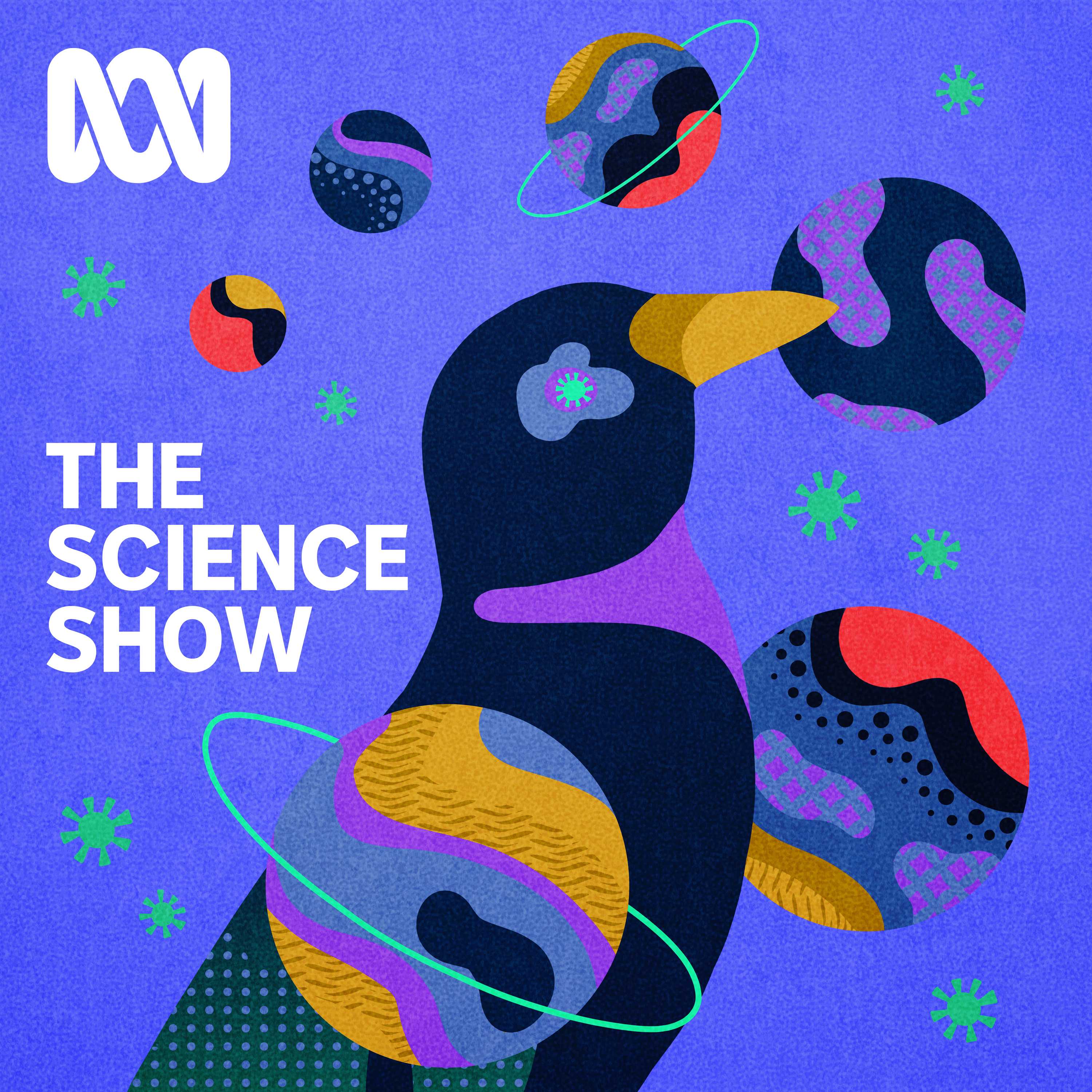
Cheaper hydrogen, marine invertebrates and European wasps threaten biodiversity

The Science Show
Deep Dive
What is the key innovation in Tianyi Ma's work that significantly reduces the cost of producing green hydrogen?
Tianyi Ma's team pioneered a polarization method that can increase photocatalysis performance by up to a hundred times, leading to the creation of a square-meter sized hydrogen generator that can produce green hydrogen at a much lower cost.
How does the Francis Crick Institute promote discovery research in biomedicine?
The Francis Crick Institute focuses on identifying highly talented individuals, particularly younger researchers, and giving them the freedom to pursue discovery research with support and critical feedback from senior scientists. The institute avoids a top-down directed approach and instead captures important discoveries for translation into practical applications.
What are the potential ecological impacts of invasive upside-down jellyfish in Australia?
Invasive upside-down jellyfish can bloom in high densities, potentially reaching over 100 jellyfish per square meter. This can have significant ecological impacts, including competition with native species and disruption of local ecosystems, especially as climate change creates more favorable conditions for their proliferation.
Why are European wasps considered a threat to biodiversity in Australia?
European wasps are highly aggressive and territorial, often killing other insects and disrupting the natural scavenging process at animal carcasses. They can prevent native scavengers like blowflies and dingoes from accessing food sources, potentially facilitating the spread of invasive species like feral pigs. Their presence can lead to a breakdown in ecosystem services, such as pollination and carcass decomposition.
What is the significance of black holes in the context of space-time and gravitational effects?
Black holes are regions in space where the gravitational pull is so strong that not even light can escape. They are essentially empty space-time, not dense objects. From a distance, they behave like any other massive object, but close to the event horizon, they cause extreme gravitational effects, including time dilation and tidal forces that can stretch and crush objects.
What are the potential applications of the chemicals produced by Tianyi Ma's team from captured CO2?
Tianyi Ma's team uses captured CO2 to produce chemicals such as carbon monoxide, methane, methanol, and ethanol. These chemicals can be used as fuels or as starting points for the production of other chemicals, contributing to the goal of achieving net-zero emissions.
What is the role of carcasses in monitoring ecosystem health and invasive species impacts?
Carcasses provide a focal point for monitoring the presence and behavior of various scavengers, including invasive species. By studying carcass decomposition, researchers can assess ecosystem health, the efficiency of scavenging processes, and the impact of invasive species on native ecosystems.
What are the key findings of the research on European wasps' behavior at animal carcasses in Australia?
Research has shown that European wasps can quickly congregate in large numbers at animal carcasses, killing other insects and preventing native scavengers from accessing the food source. This behavior disrupts the natural scavenging process and can have cascading effects on the ecosystem, including facilitating the spread of invasive species like feral pigs.
Why are jellyfish expected to thrive in a changing climate?
Jellyfish are expected to thrive in a changing climate because they are more resilient to increasing ocean temperatures and can benefit from eutrophication, which provides more food. Additionally, artificial structures like seawalls can provide habitats for their polyp stage, further supporting their population growth.
What is the significance of the Francis Crick Institute's design for fostering scientific collaboration?
The Francis Crick Institute is designed to promote interaction and collaboration among scientists. The building's layout, with labs and offices arranged like a chromosome, encourages chance encounters and conversations. The central interaction space, called the centromere, is designed to facilitate cross-disciplinary collaboration and innovation.
Shownotes Transcript
Tianyi Ma at RMIT Melbourne has won the Prime Minister’s Physical Science Prize for his work producing cheaper hydrogen and using captured carbon dioxide for the green production of basic chemicals.